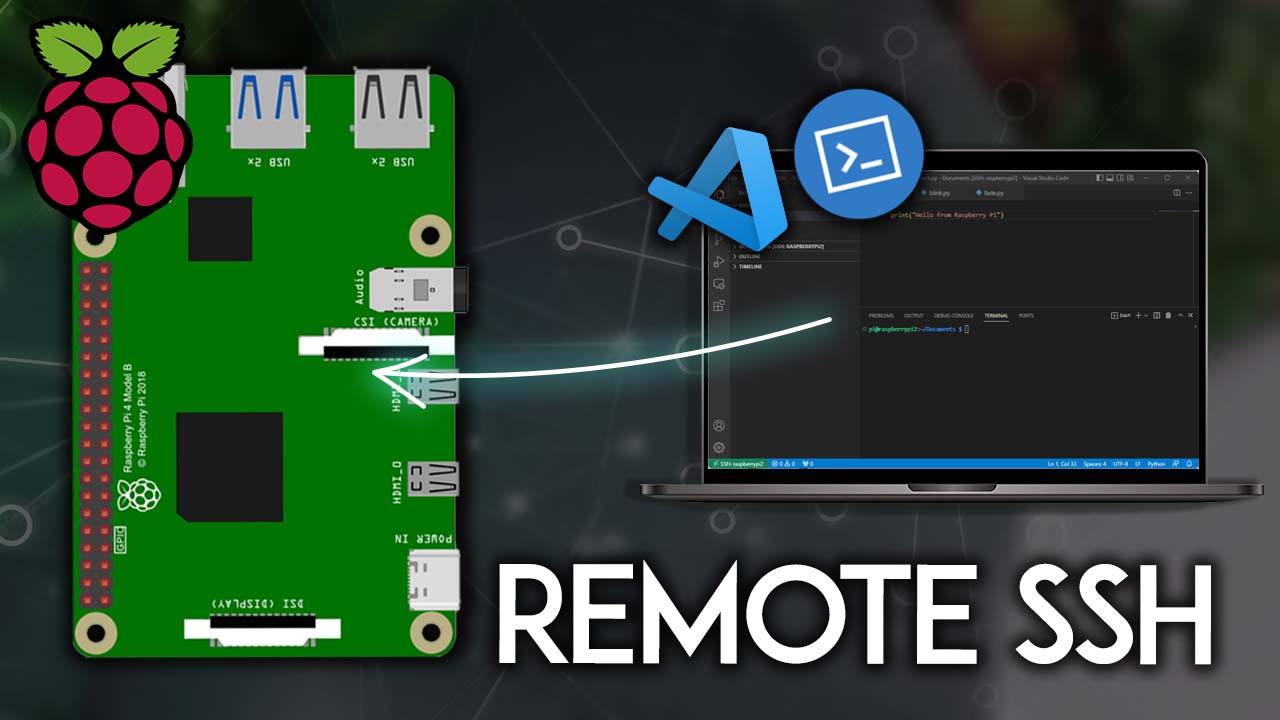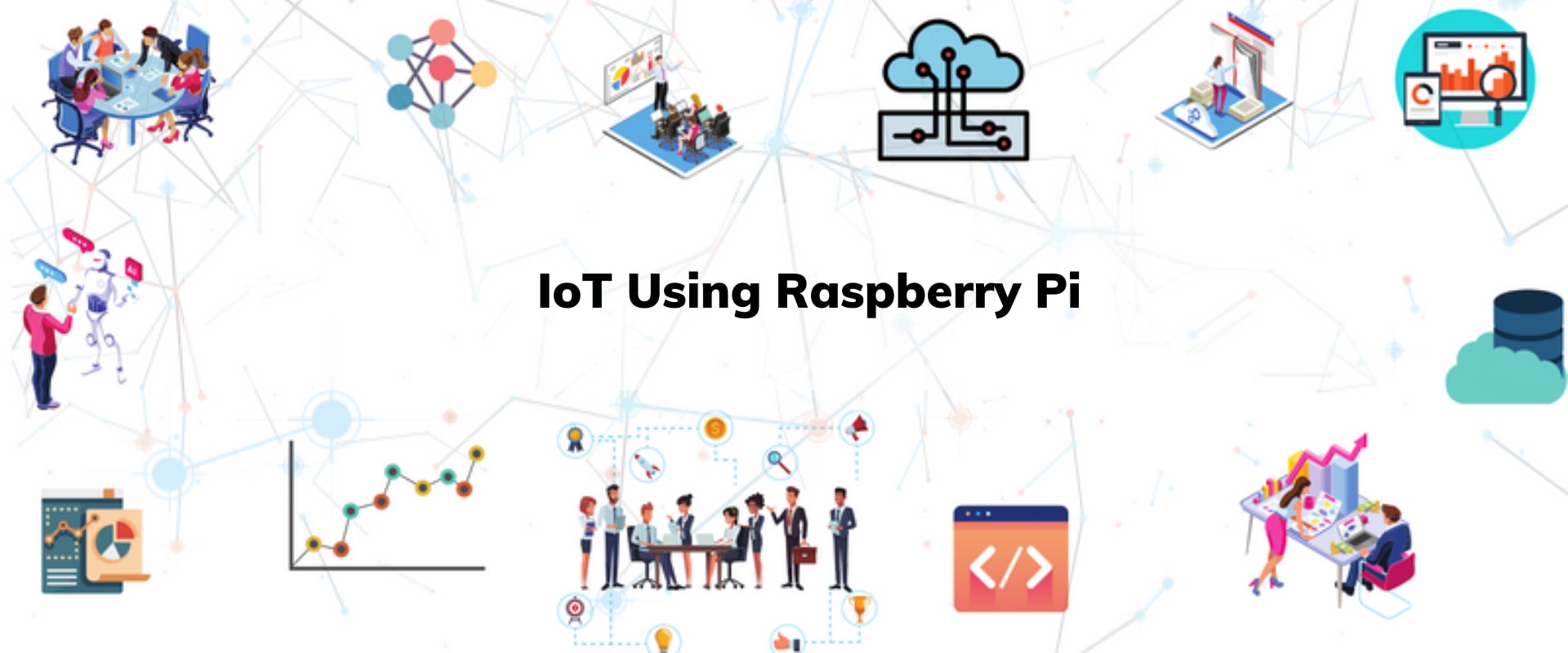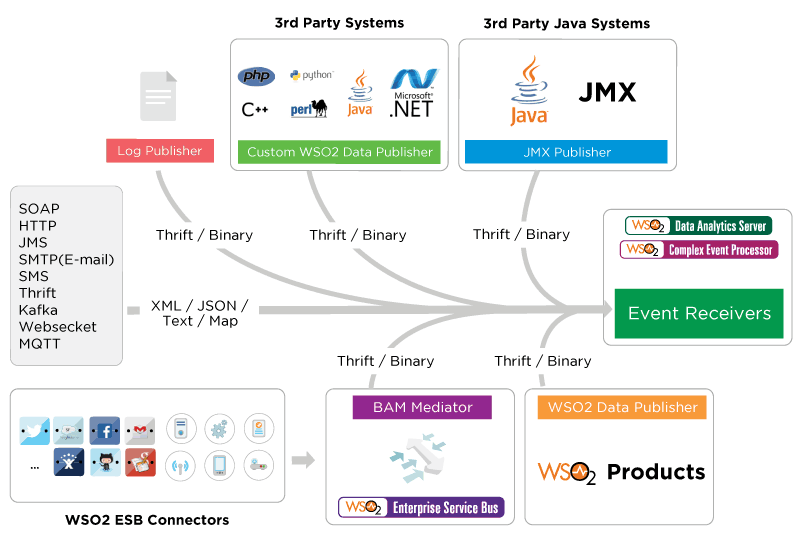Best Remote Raspberry Pi IoT Platforms: A Top Guide & More
Are you ready to unlock the full potential of your Raspberry Pi? The quest for the best remote IoT platform for Raspberry Pi is paramount in today's interconnected world, where seamless control and data management are key to unlocking the true power of these versatile devices.
The Raspberry Pi, a marvel of miniaturized computing, has become the cornerstone of countless IoT projects, from home automation to industrial monitoring. But to truly harness its capabilities, you need a robust remote management platform. This platform acts as the central nervous system, allowing you to monitor, control, and update your Raspberry Pi devices from anywhere in the world. The right platform is a game-changer, providing the tools you need to streamline your workflows, enhance security, and drive innovation. This exploration will help navigate the landscape of remote IoT platforms designed to empower your Raspberry Pi endeavors.
| Attribute | Details |
|---|---|
| Subject | Remote IoT Platforms for Raspberry Pi Management |
| Focus | Tools, features, and benefits of various remote IoT platforms |
| Relevance | Empowering Raspberry Pi users with efficient remote management solutions |
| Key Aspects | Device management, data analysis, cloud integration, security |
| Related Terms | IoT, Raspberry Pi, remote access, device management, SSH keys, cloud platforms |
| Importance | Critical for streamlining workflows, enhancing security, and driving innovation in IoT projects |
| Application | Suitable for home automation, industrial monitoring, and other IoT applications |
| Benefits | Centralized control, real-time monitoring, remote updates, increased efficiency |
| Considerations | Platform compatibility, security features, ease of use, cost |
| Reference | Raspberry Pi Official Website |
The proliferation of Raspberry Pi devices in the IoT landscape has created a need for sophisticated remote management tools. Users are no longer content with simple remote access; they demand platforms that offer comprehensive device management, robust security features, and seamless integration with cloud services. The platforms highlighted below offer a range of capabilities designed to meet these evolving needs, from basic monitoring to advanced data analytics.
- Somali Wasmo Telegram Exploring Trends Channels Year
- Ai Undress Tools Revealing The Power Amp Dangers New Trends
Remote management of Raspberry Pi devices has become essential. The process of remotely accessing and managing these devices is complex, with considerations ranging from security protocols to real-time data streaming. Selecting the right remote IoT platform for your Raspberry Pi project involves understanding the intricacies of device management, data analysis, and cloud integration. An ineffective platform can lead to security vulnerabilities, data loss, and project delays. The following considerations are pivotal when choosing the optimal platform to support your IoT endeavors.
The ability to remotely manage a Raspberry Pi is important for those deploying these devices in IoT environments. This is where the selection of a "Best remoteiot platform raspberry pi" becomes crucial. These platforms provide a suite of tools for tasks such as remote access, device monitoring, and software updates. They effectively address the challenge of managing distributed Raspberry Pi devices, making them indispensable for a wide array of applications. The ideal platform streamlines these processes, enhances security, and ensures reliable operation.
Security considerations are at the forefront of remote Raspberry Pi management. The Raspberry Pi often operates in environments where security breaches can have significant consequences. Many of the leading remote IoT platforms incorporate robust security features, such as SSH key management, two-factor authentication, and encrypted communication channels. These features are important for protecting your devices and data from unauthorized access. Implementing these measures can mitigate risks and ensure the integrity of your IoT infrastructure.
- Why Angela Lop Facebook Ai Belief Errors Occur Explained
- Viralkand The Future Of Viral Content News Today
Data management is another vital aspect of remote Raspberry Pi platforms. In many IoT applications, Raspberry Pi devices generate vast amounts of data that must be collected, processed, and analyzed. The best platforms provide tools for real-time data streaming, storage, and visualization. These features enable users to gain insights from their data and make informed decisions. The ability to manage and analyze data effectively is critical for realizing the full potential of IoT deployments.
Cloud integration is a key capability of modern remote IoT platforms. Integrating your Raspberry Pi devices with cloud services like AWS, Azure, and Google Cloud provides access to a wealth of resources, including scalable storage, advanced analytics, and machine learning algorithms. This integration empowers users to build sophisticated IoT applications that leverage the power of the cloud. Selecting a platform that seamlessly integrates with your preferred cloud services is paramount for achieving optimal performance and scalability.
The process of remote management often involves using SSH keys to secure your Raspberry Pi setup. SSH keys provide a secure and convenient way to authenticate to your devices without the need for passwords. This method enhances security and simplifies the management of multiple devices. Understanding how to generate, distribute, and manage SSH keys is important for anyone working with remote Raspberry Pi devices. Effective management of SSH keys can significantly reduce the risk of unauthorized access.
Consider the array of tools available, starting with basic remote access tools. These tools allow you to connect to your Raspberry Pi from a remote location and perform tasks as if you were physically present. VNC (Virtual Network Computing) and SSH (Secure Shell) are popular choices for remote access, providing graphical and command-line interfaces, respectively. While these tools offer basic remote access capabilities, they may lack the advanced features and security protocols required for more demanding IoT deployments. The selection of an appropriate tool depends on the specific requirements of your project.
Moving beyond basic remote access, many platforms offer advanced device management features. These features include remote software updates, configuration management, and device monitoring. Remote software updates allow you to deploy new versions of your software to your Raspberry Pi devices without having to physically access them. Configuration management enables you to manage the settings and parameters of your devices remotely. Device monitoring provides real-time insights into the health and performance of your devices. These advanced features streamline the management of large deployments and reduce the operational burden.
Data analytics is another critical component of remote IoT platforms. The ability to collect, process, and analyze data from your Raspberry Pi devices is essential for gaining insights and making informed decisions. Many platforms offer built-in data analytics tools that allow you to visualize your data, identify trends, and detect anomalies. These tools empower you to optimize your IoT applications and improve their overall performance. The integration of data analytics capabilities transforms raw data into actionable intelligence.
Cloud integration is becoming increasingly important for remote IoT platforms. Integrating your Raspberry Pi devices with cloud services like AWS, Azure, and Google Cloud provides access to a wealth of resources, including scalable storage, advanced analytics, and machine learning algorithms. This integration allows you to build sophisticated IoT applications that leverage the power of the cloud. The choice of a platform that seamlessly integrates with your preferred cloud services is a key determinant of success.
Consider the specific needs of your IoT project when selecting a remote management platform. Are you primarily concerned with security, data management, or ease of use? Do you need advanced features like remote software updates and configuration management? Answering these questions will help you narrow down your options and choose the platform that best fits your requirements. A clear understanding of your project's objectives is crucial for making an informed decision.
The process of choosing an IoT platform is not straightforward, as many factors contribute to the selection. A suitable platform will offer a balance of features, security, and ease of use, tailored to the unique demands of your project. The following is a list of key features to evaluate:1. Security: Robust authentication, encryption, and access control mechanisms.2. Scalability: Ability to support a growing number of devices and data volume.3. Integration: Compatibility with existing cloud services and third-party applications.4. User Interface: An intuitive and user-friendly interface for easy management.5. Pricing: Transparent and cost-effective pricing models.
The best free tools for remote Raspberry Pi management offer users cost-effective solutions without sacrificing essential functionality. While paid platforms often provide advanced features and dedicated support, free tools can be sufficient for small-scale deployments or for users who are just starting out. Open-source platforms, in particular, offer flexibility and customization options that can be tailored to specific needs. The decision to use free tools versus paid platforms depends on the scale and complexity of your IoT project.
Raspberry Pi free remote access options are plentiful, and many users start with these tools before transitioning to more robust platforms. SSH and VNC are two of the most popular free remote access tools, providing secure command-line and graphical access, respectively. These tools are easy to set up and use, making them an ideal starting point for remote Raspberry Pi management. While they may lack some of the advanced features of paid platforms, they provide a solid foundation for remote access and control. These tools are widely supported and offer extensive documentation, making them accessible to both beginners and experienced users.
The importance of choosing the right IoT platform cannot be overstated. An effective platform will not only simplify the management of your Raspberry Pi devices but also enhance their security and performance. By carefully considering your needs and evaluating the available options, you can select a platform that empowers you to build innovative and impactful IoT applications. The ultimate goal is to create a seamless and reliable remote management experience that allows you to focus on realizing the full potential of your IoT projects. A well-chosen platform acts as a catalyst, accelerating the development and deployment of your IoT solutions.
Leveraging the power of Raspberry Pi in IoT applications opens up countless possibilities, whether you are a beginner or an advanced user. These applications span a wide range of industries, from smart homes to industrial automation. The versatility and affordability of the Raspberry Pi make it an ideal platform for prototyping and deploying IoT solutions. As technology continues to evolve, the Raspberry Pi will undoubtedly play an increasingly important role in shaping the future of the Internet of Things. The integration of Raspberry Pi devices with remote management platforms empowers users to create innovative solutions that address real-world challenges.
For smart innovations, selecting the right "Best remoteiot platform raspberry pi" is a crucial step. These platforms provide the tools and infrastructure needed to develop and deploy smart solutions that leverage the power of the Raspberry Pi. From remote monitoring to data analytics, these platforms empower users to create innovative applications that improve efficiency, enhance security, and drive business value. The ability to remotely manage and control Raspberry Pi devices is essential for building smart and connected solutions. These platforms offer a comprehensive set of features that enable users to harness the full potential of the Raspberry Pi.
The technical aspects of SSH keys and their role in securing your Raspberry Pi setup are paramount. SSH keys provide a secure and convenient way to authenticate to your devices without the need for passwords. This method enhances security and simplifies the management of multiple devices. Understanding how to generate, distribute, and manage SSH keys is important for anyone working with remote Raspberry Pi devices. Effective management of SSH keys can significantly reduce the risk of unauthorized access. SSH keys provide a robust alternative to password-based authentication, offering a higher level of security and convenience.
The top remote IoT platforms for Raspberry Pi offer a comprehensive set of features designed to simplify device management, enhance security, and streamline data analysis. These platforms typically include remote access tools, device monitoring capabilities, and cloud integration features. They provide a centralized management interface that allows users to easily manage and control their Raspberry Pi devices from anywhere in the world. The selection of a platform depends on the specific requirements of your IoT project. The leading platforms offer robust security features, scalable infrastructure, and user-friendly interfaces.
Choosing the right IoT platform can significantly impact the success of your projects. A well-chosen platform will simplify device management, enhance security, and streamline data analysis, allowing you to focus on building innovative and impactful IoT applications. Consider the specific needs of your project and evaluate the available options carefully. The right platform can be a game-changer, enabling you to unlock the full potential of your Raspberry Pi devices. The selection process should involve a thorough evaluation of features, security, and ease of use.
Below is a list of key considerations when selecting the best remote IoT platforms that support SSH keys for Raspberry Pi:1. Security Features: Evaluate the security features of the platform, including encryption, access control, and intrusion detection.2. Scalability: Ensure that the platform can scale to support your growing number of devices and data volume.3. Integration: Verify that the platform integrates seamlessly with your existing cloud services and third-party applications.4. User Interface: Choose a platform with an intuitive and user-friendly interface for easy management.5. Cost: Consider the pricing model and ensure that it aligns with your budget.6. Support: Check the availability of documentation, tutorials, and technical support.7. Community: Look for a platform with an active community of users and developers.8. Features: Assess the features of the platform, including remote access, device monitoring, and data analytics.9. Reliability: Evaluate the reliability and stability of the platform.10. Customization: Determine whether the platform allows for customization and extensibility.

Best RemoteIoT Platform Raspberry Pi For Smart Innovations

Best Remote IoT Platform For Raspberry Pi A Comprehensive Guide

Best Remote IoT Platform For Raspberry Pi A Comprehensive Guide